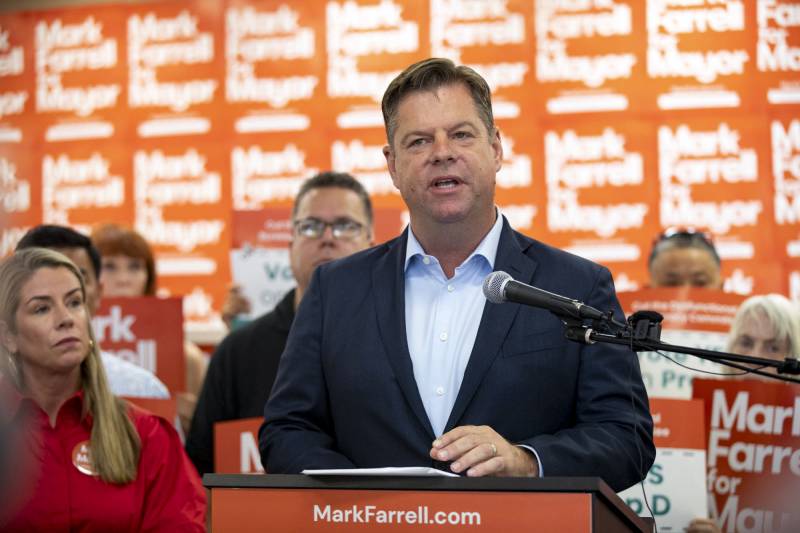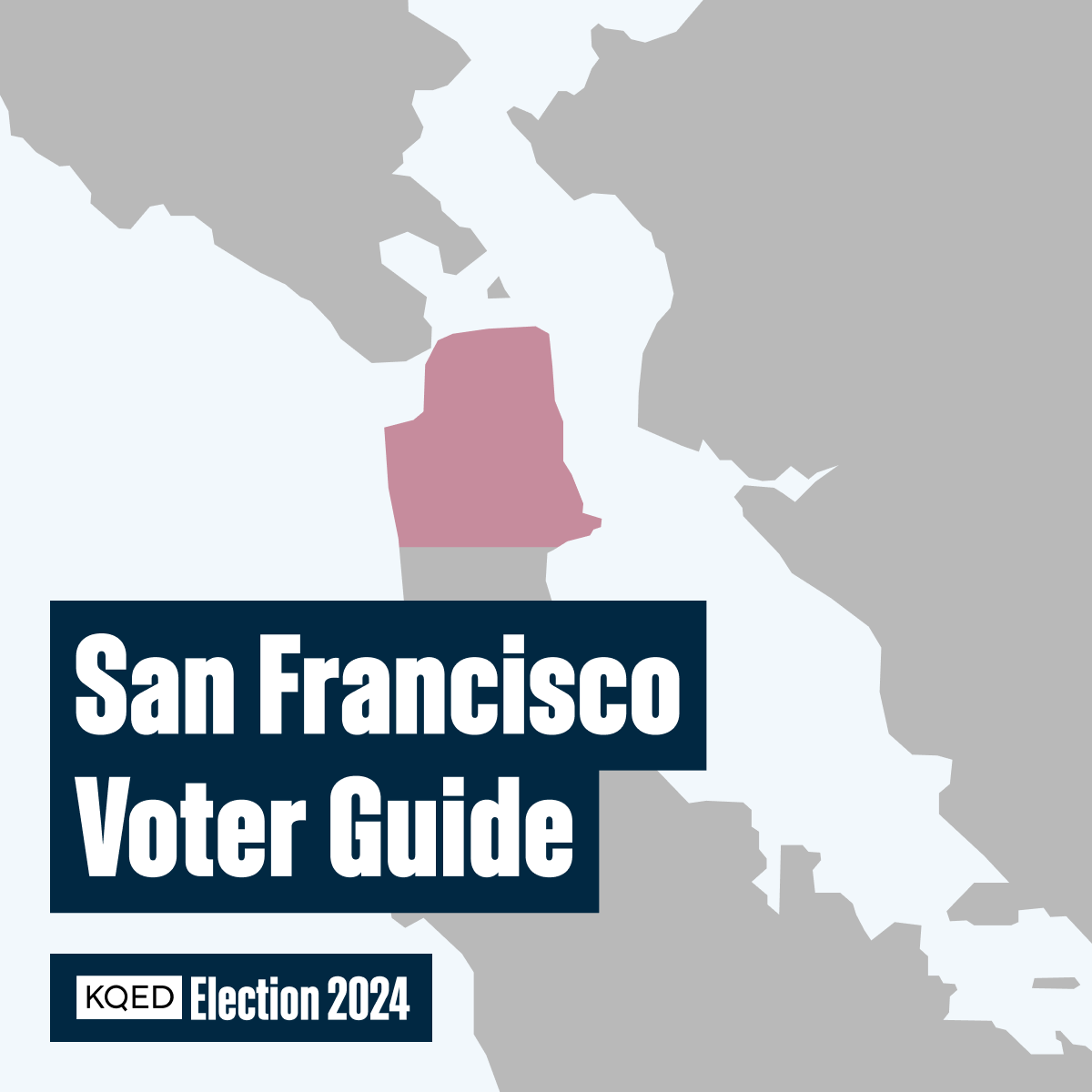Farrell attributed the issue to an accounting error from earlier this summer that was previously resolved.
“We agreed to a settlement for an accounting error that we corrected and publicly disclosed months ago and over a disagreement about staff time allocation during the campaign, which led us to terminate our prior legal counsel for this matter,” Farrell said in a statement. “As the person responsible for both campaigns, I take full ownership of these issues — this is the kind of accountability I am modeling for my children.”
It’s not the first time Farrell, or his leading opponents for mayor, have faced campaign finance questions or fines.
Farrell was similarly fined $191,000 — which would have been the largest ethics violation fine in the city’s history — after being accused of illegally coordinating with a PAC during his campaign for supervisor in 2010. In 2016, he agreed to settle the case and paid $25,000.
In 2021, incumbent Mayor London Breed paid $22,000 in fines related to ethics violations for using her official title for personal gain during her tenure. In 2018, Board of Supervisors President Aaron Peskin, now a candidate for mayor, faced an $8,000 fine for ads placed in Chinese-language newspapers during his 2015 campaign for supervisor.
Farrell, meanwhile, said he is calling on the Ethics Commission to create better guidelines around the issue, saying “the public deserves certainty and transparency.”
Some political watchdogs questioned the timing of the commission’s announcement, one day before polls close.
“Since the allegations at issue have been widely reported and the facts and legal issues are complex and contested, it does not appear to me that the Ethics Commission should have expedited this case toward a pre-election announcement, which could influence the voters,” Dan Schnur, former chairman of the California Fair Political Practices Commission, said in a statement.
Matthews disagreed, saying that the Ethics Commission “did everything in its power to publicly resolve this case prior to Election Day so that the public would have information about these violations when it matters most.”
The Ethics Commission will vote on the settlement at its meeting on Friday.


